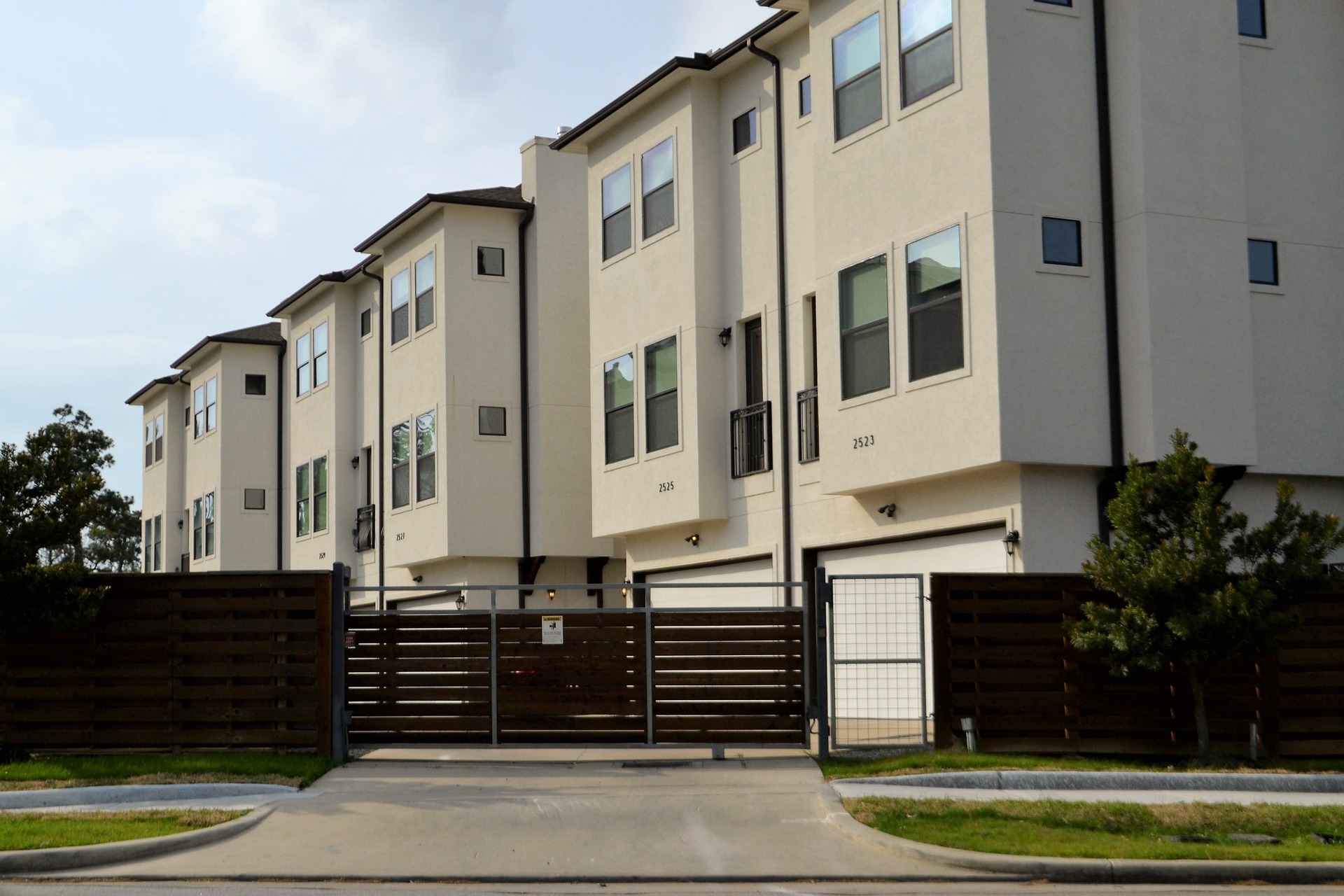Senior dating: practical guidance for older singles
Meeting new people and exploring romance later in life can feel both exciting and uncertain. Whether you are recently single, returning to the dating scene after a long relationship, or seeking companionship, senior dating offers opportunities to form meaningful connections. This article outlines practical steps, safety considerations, and places to find companionship that suit different comfort levels and lifestyles for readers based in the UK.

Who is senior dating for?
Senior dating is for adults who identify as older singles and want companionship, romance, or friendship. There is no strict age cutoff; many people in their 50s, 60s and beyond consider themselves part of the senior dating community. Motivations vary: some seek companionship after bereavement, others want to explore new relationships or simply meet people with similar interests. Understanding personal goals—whether casual socialising or a long-term partnership—helps set realistic expectations and choose appropriate venues and platforms.
How to begin online and offline
Starting can be as simple as updating your social activities and trying one method at a time. Online dating sites and apps tailored to older adults can make introductions easier by filtering for age ranges and shared interests. Offline approaches include joining clubs, classes, volunteering, or attending community events. Combine both: use online tools to identify compatible people, then meet through shared offline activities to build rapport. Take time to craft a clear, truthful profile and choose recent photos that reflect your current lifestyle and interests.
How to stay safe when meeting someone
Safety is paramount. Share minimal personal information initially, arrange first meetings in public places, and tell a friend or family member about your plans. Use video calls before meeting to verify identity and establish rapport. Beware of common scams: requests for money, inconsistent stories, or pressure to move quickly. Trust your instincts—if something feels off, pause communications. If you experience harassment or feel threatened, report the behaviour to the dating platform and, if necessary, to local authorities.
Where to find events and local services
Look for local services and community groups that cater to older adults: community centres, charity-run social clubs, interest-based groups (walking, book clubs, arts), and continuing education classes. Many towns and cities in the UK run social programmes for older residents; check local council websites and community noticeboards. Specialised agencies and activity organisers also host group outings and speed-friending events for older singles. Exploring a mix of public and private options increases the chances of meeting people with similar values and schedules.
Balancing expectations and communication
Clear communication reduces misunderstandings. Be open about what you want—friendship, companionship, or a long-term relationship—but allow both parties to discover compatibility over time. Discuss key practicalities early on, such as mobility needs, health considerations, living arrangements, and social habits, but avoid overwhelming detail in first conversations. Respect boundaries and pace; many older adults appreciate honesty and thoughtful listening. Emotional readiness varies—acknowledge past experiences and allow space for gradual trust-building.
Practical tips for lasting connections
Focus on shared activities and small rituals that nurture connection: regular phone calls, shared hobbies, and short outings tailored to both partners’ interests and energy levels. Keep meeting places accessible and comfortable. Manage expectations around independence—maintaining personal routines while integrating shared time can support balanced relationships. Consider practicalities such as financial discussions and healthcare preferences as they become relevant, and seek neutral advice (family, legal or financial professionals) where needed. Flexibility, patience and mutual respect increase the likelihood of a sustainable relationship.
Conclusion
Senior dating is a personal journey shaped by individual goals, past experiences and practical considerations. By choosing appropriate venues, communicating clearly, prioritising safety and engaging with local services, older adults can pursue meaningful connections that suit their lifestyles. Patience and openness often lead to rewarding relationships, whether companionship, friendship or romance.




